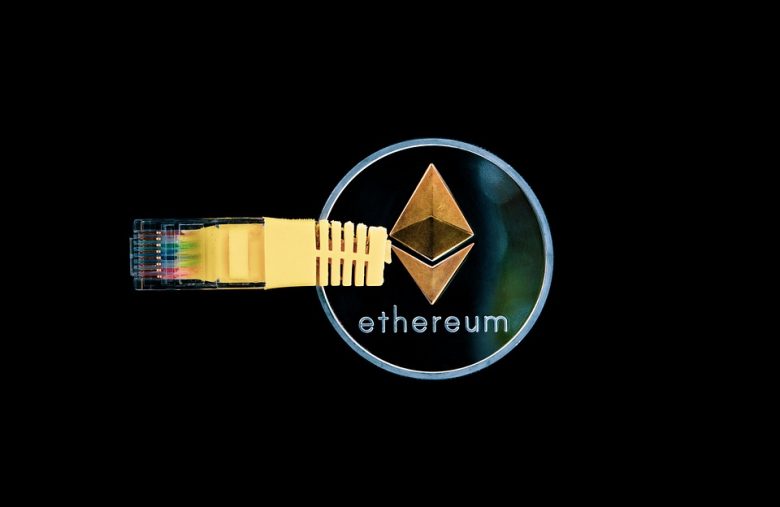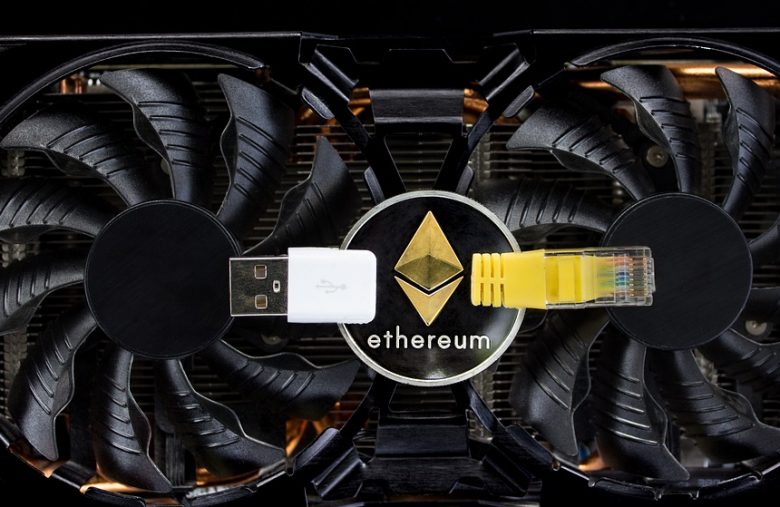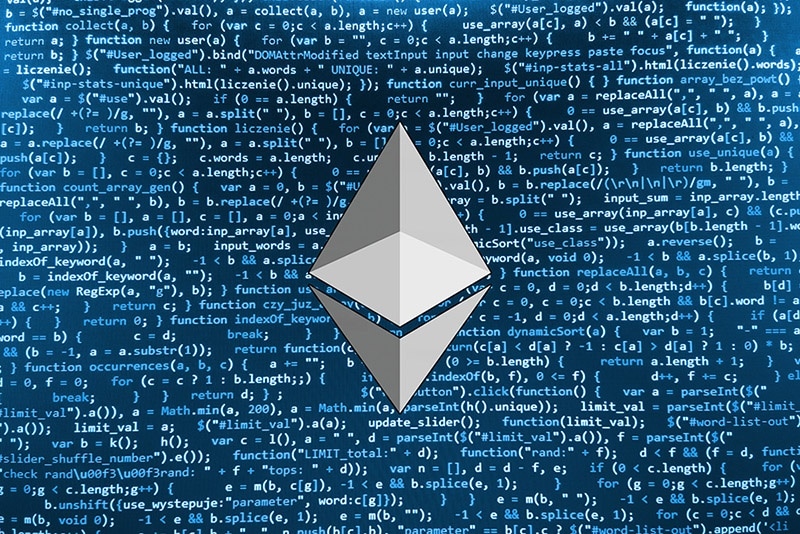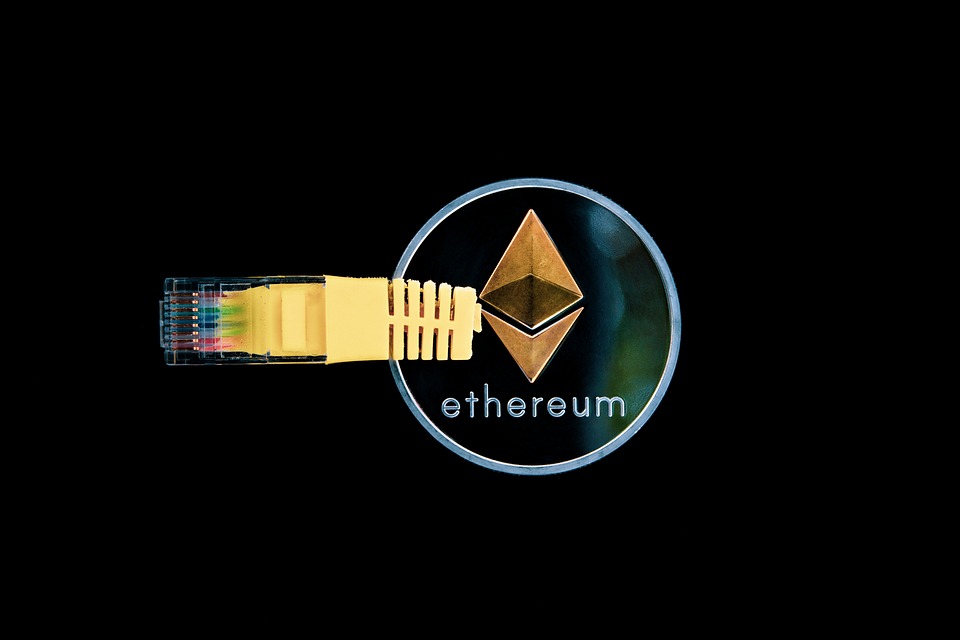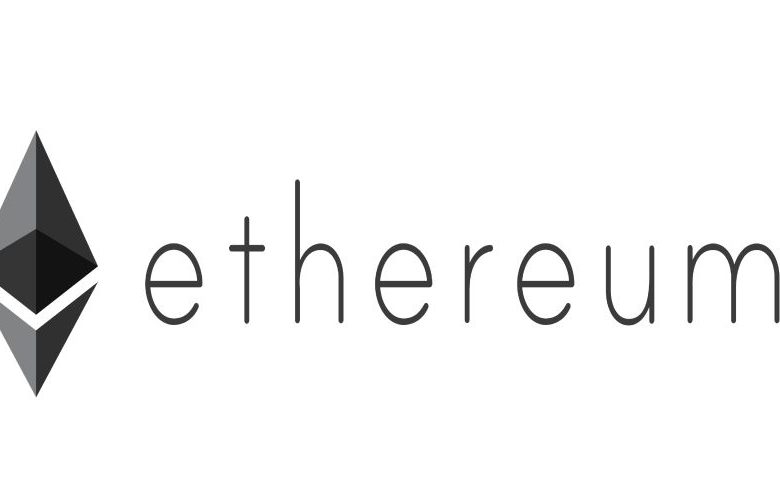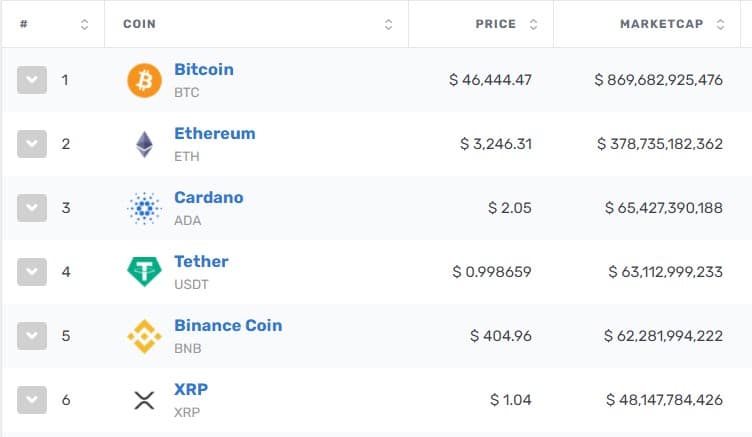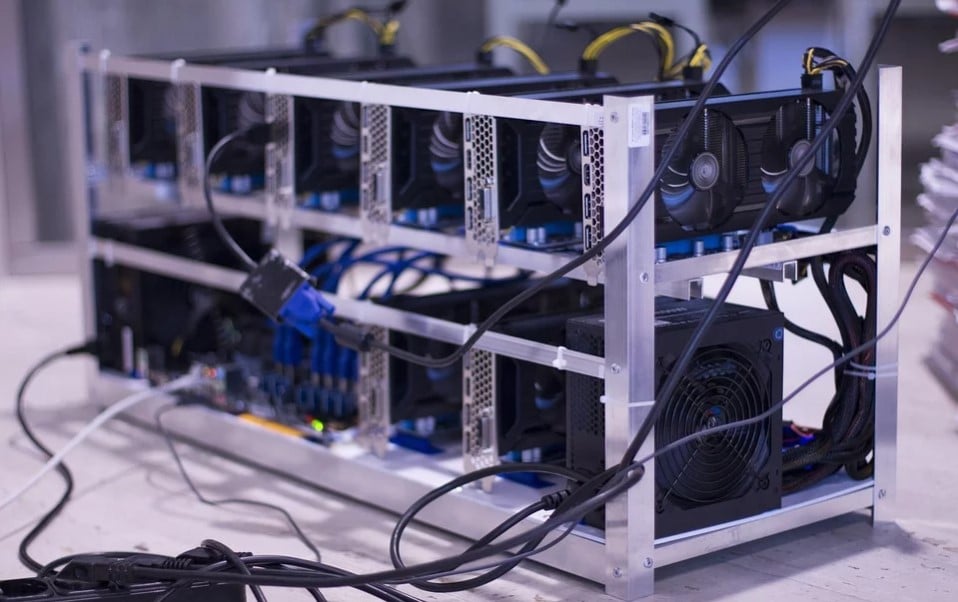Ethereum announces the dates for the Istanbul Hard Fork in October 2019
Ethereum announces the dates for the Istanbul Hard Fork in October 2019.
In an update on github called Frozen Pyjack (v1.9.4), the developers working on the update and improvement of the Ethereum blockchain reveal the dates for the Istanbul hard fork which had already been delayed several times and which was to take place in September 2019.
This Ethereum update indicates this:
Geth v1.9.4 is a special maintenance release, that besides fixing issues as usual, also locks in the Istanbul hard fork block numbers for the Ropsten, Rinkeby and Görli test networks:
- Ropsten:
6485846, scheduled October 2, 2019 (ref). - Rinkeby:
5435345, scheduled November 13, 2019 (ref). - Görli:
1561651, scheduled October 30, 2019 (ref).
Please update your nodes on the above test networks before the deadlines, otherwise you will end up either on a wrong chain (Ropsten), or stuck altogether (Rinkeby and Görli). The --override.istanbul CLI flag can be used to bail out of the fork even last minute if things go sour.
Many updates are planned for the Ethereum blockchain which must switch from the proof of work mode to proof of stake.
Updates on the Ethereum blockchain also aim to increase its capacity and the number of possible transactions per second because the network begins to be seriously saturated by new Dapps or recently the Tether USDT stablecoin which saturates the Ethereum blockchain.
Vitalik Buterin, the co-founder of Ethereum, said that the Ethereum blockchain is full!
Istanbul is the long-promised platform for Ethereum that would make the network more efficient.
Test networks or testnets are test environments used by developers to simulate the real Ethereum network before their code is put online on the main network.
Ropsten will be the most important test phase and is scheduled for October 2, 2019.
The Istanbul mainnet will be divided into two parts, October 2019 and the first quarter of 2020.
The second update in 2020 will likely include the ProgPoW (Progressive Work Verification) algorithm, which is supposed to remove the mining benefits of the Ethereum token.
We will soon know if everything is going as planned and that the Istanbul hard fork for the Ethereum blockchain takes place.
Time is running out because the blockchain is increasingly saturated by DApps and other applications using more and more the Ethereum blockchain.
A wider adoption of cryptocurrency and use of the Ethereum blockchain technology require a blockchain that can handle more applications and especially deal with a lot more transactions per second while ensuring the security of the network, which seems to be the weak point of the EOS blockchain.
The Ethereum token price has risen a lot recently, surpassing $200, certainly in anticipation of these future blockchain updates.


